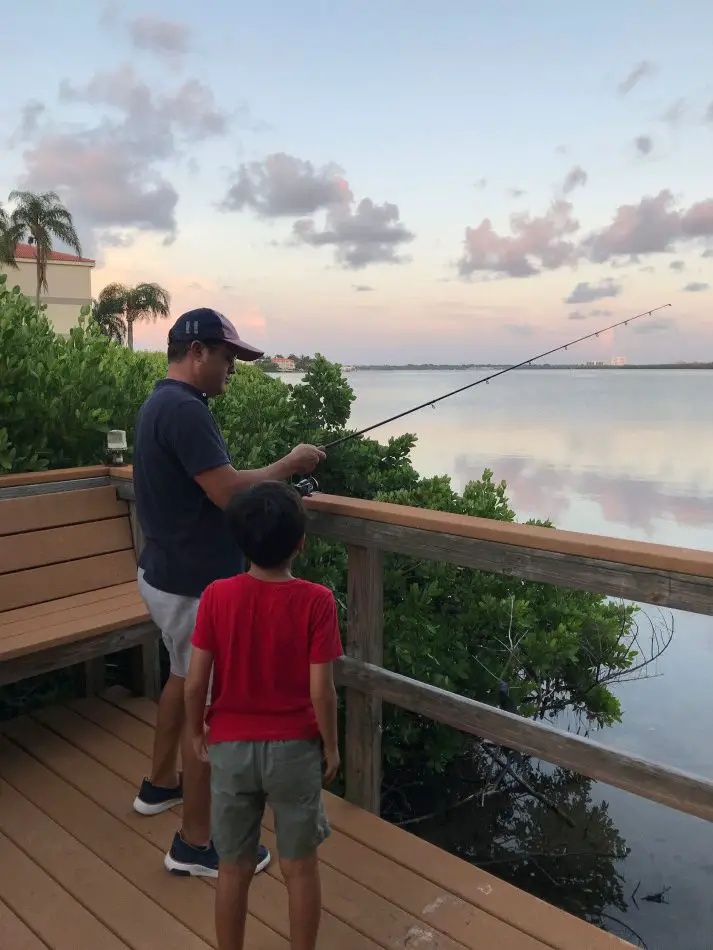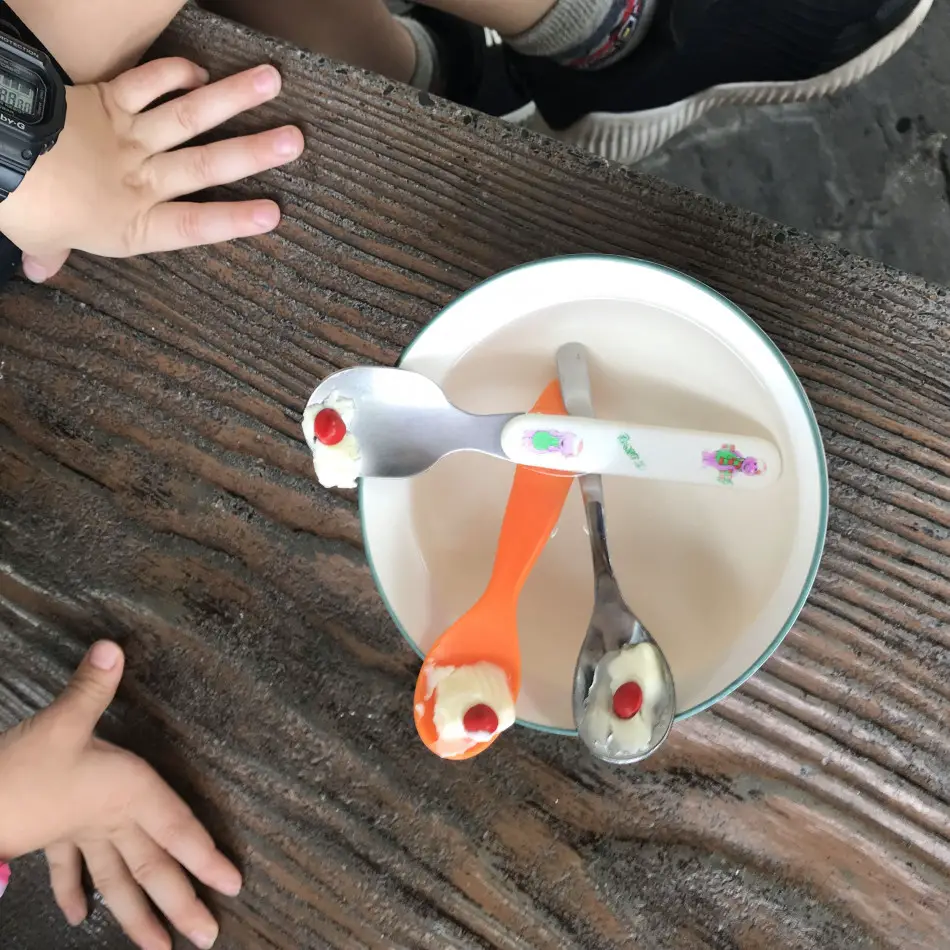This post contains affiliate links.
Some homeschool co-ops can cost almost nothing and are essentially free. But some cost a fortune. So which one is right for you? And how to filter out the best for you and your child?
On average, homeschool co-op costs less than $100 per year. But the range of costs is from over $1500 per child to being free if you start your own co-op. Church-based co-ops may be free except for minimal supplies costs. But don’t forget the cost of time either to volunteer your time or teach.
Classical Conversations: A Homeschool Co-op at a Price
One of the most popular homeschool co-ops you will hear about is Classical Conversations, and it’s expensive! Just the enrollment fees and tuition is $540 per year per child. And that doesn’t include the facility fee, meaning where your venue is will determine the extra monthly fees. The additional costs depend on the courses you choose and the location. Those are not small expenses so expect to pay just as much as the tuition and registration fees.
This style of homeschooling is most likely based on the classical education style and we love the book “The Well Trained Mind”, by Susan Wise Bauer. This is the most helpful book we came across when we started out homeschooling since it has almost everything you need and answers every question with helpful examples. Most homeschoolers will have heard of this book since it is considered the authority on it!
You can check your local Classical Conversations programs if you want to compare the most up-to-date fees. But upon checking our location, the costs are a hefty amount. The Challenge Program costs even more, at $1570 per child, for kids over 12. When we tried to review the books needed, our cart was filled with 23 books. And the cost was $495, and that’s not all that is needed. You still need to check with your local Director for any other required materials.
Church-Based Homeschool Co-ops: Free to Economical
Many churches will have homeschool resources for their members and potentially the general public. This depends on the philosophy of the church, but there will be some that are open to the public. There are also closed co-ops for members only and it makes sense. They want to provide for their members first and this may also be to make sure the parents and kids share the same values.
There was a co-op we joined for access to the Lego-based classes that our son enjoys. It was open to the general public and the cost was minimal, $10 per time. Members of that church didn’t need to pay and we didn’t have to volunteer. You just prepared your own Lego kits and supplies. They also encouraged you to join the weekly sermons and other activities. Their philosophy was to spread their resources and encourage membership in their church.

If you wanted, you could also join the worship team band and you got to play your musical instrument together with other children. They would perform every once in a while and that was a great way to practice music and perform on stage. We wrote a helpful article about why we think playing in a band is a must!
So church-based co-ops are good since they might have some high-quality resources and the fees if any are relatively low. If you are a member then certainly it will be the best, and probably free. But remember that you will also be expected to follow their rules and regulations.
Start your Homeschool Co-op for Free
You could also start a homeschool co-op for free to have better control over the schedule and lessons you want to teach. This could be a great way to offer something attractive to the community and bring some new social opportunities for your kids and yourself. To start a co-op you need a place to meet and some families to share and agree on what subject(s) will be taught.

For our co-op, we started small with a few families and our focus is Science. The experiments we do all require minimal amounts of material and equipment to introduce the physical, earth, and chemical sciences. Our venue is an outdoor park with a gazebo and a playground nearby for kids to have a chance to also have fun together. Our formula is a lesson of thirty to forty minutes and then some playtime.
We use some cool books with experiments like this popular one, “Awesome Science Experiments for Kids”
We are focused on elementary science, but you could choose any subject that is attractive to you and others in your group. You can also meet indoors at someone’s home or another venue of choice. This kind of arrangement is an economical way of enjoying some of the benefits of a homeschool co-op.
I wrote another helpful article about why you should set up your own homeschool co-op here.
Are Secular Co-ops Costly?

If you are looking for secular homeschool co-ops, then you might find a few in your town. But I have to warn you that there aren’t as many as you’d expect. Of course, this depends on where you live, but overall the secular co-ops will be usually more expensive. Church-oriented co-ops are usually able to offer more resources because of their affiliation and member support. Secular co-ops are supported only by the parents who run and use the co-op so that usually requires more from each family to make it work.
We looked online for secular co-ops in our country but realized that there are only about 3000 homeschoolers where we live in Taiwan. The ones available seemed to be more like private schools and daycares with innovative curriculums, but more expensive than traditional public schools. In addition, your child is dropped off and they stay there all day. So to us, this was just a private school and not really homeschooling. The parents were not so involved or doing much teaching.
We did come across an online source called Global Village School which claims to be a secular homeschool option. Although it is not exactly a co-op, they offer a curriculum and are accredited with the ACS WACS. They offer guidance and resources in the form of a purchased booklet with book lists. You can see their curriculum samples here and are an interesting alternative.
What About Learning Pods, Are they Costly?
Learning pods popped up during the Covid pandemic as an option for students to still have some chance of socialization and parents to have some control over their education from home. Most homeschoolers will view pods as another form of education. But this is not really considered homeschooling. Pods can be costly to run and the fees per student are usually high but can work for some families.
Teachers and tutors are hired for the lessons and are professionally taught at a location of the pod’s choosing. Although this may seem like homeschooling, the parents are more hands-off with the lessons and direction of the class. Homeschooling is when the parents control and administer the overall curriculum of their child’s education.
The only reason we mentioned this topic is that it is something relatively new, and you should check your local laws about this because it may be handled differently depending on which state you are living in.
Dadcarestoo is a participant in the Amazon Services LLC Associates Program, an affiliate advertising program designed to provide a means for sites to earn advertising fees by advertising and linking to Amazon.com. We also participate in other affiliate programs which compensate us for referring traffic.


